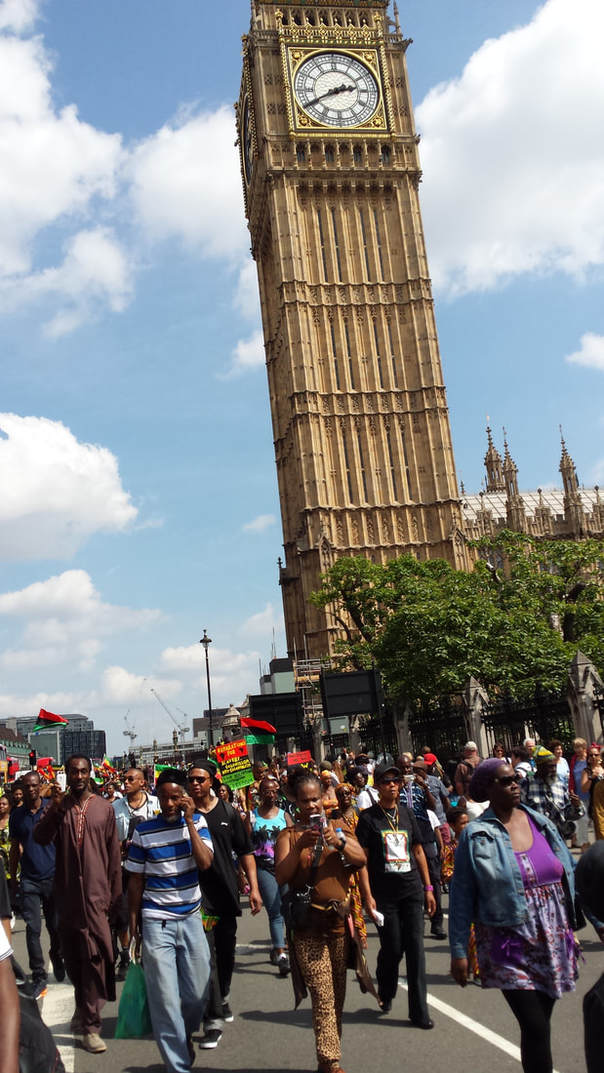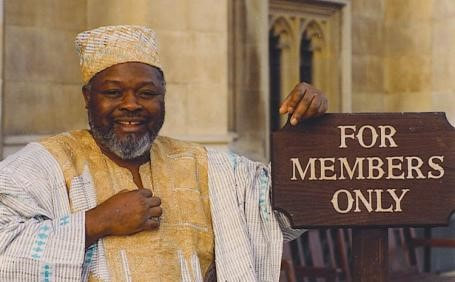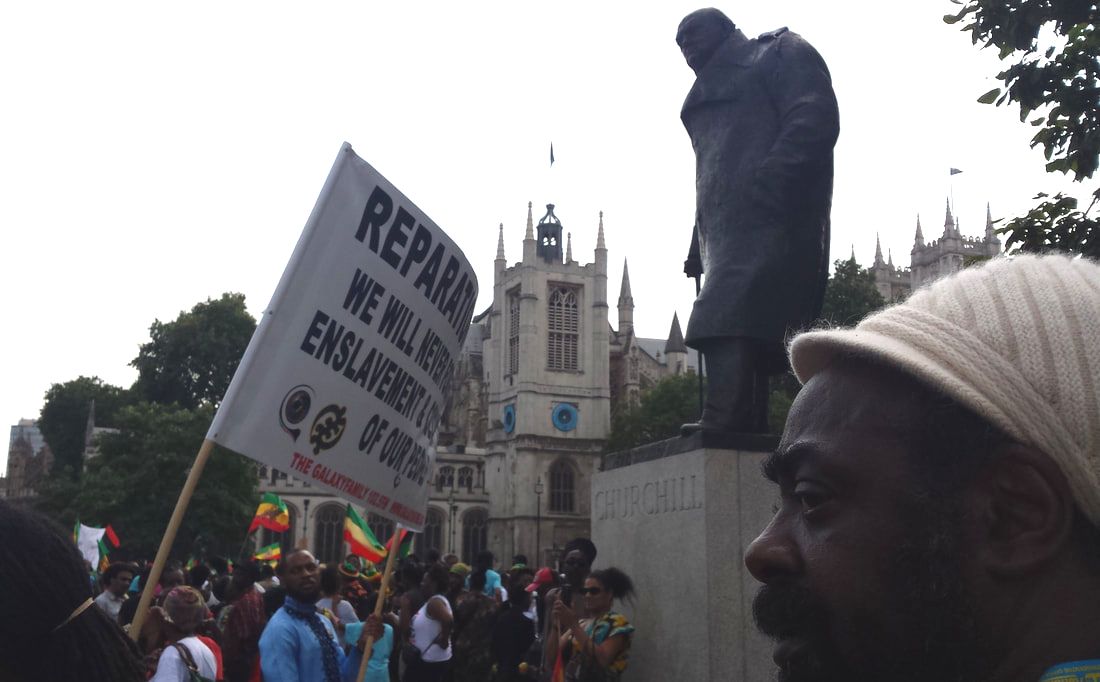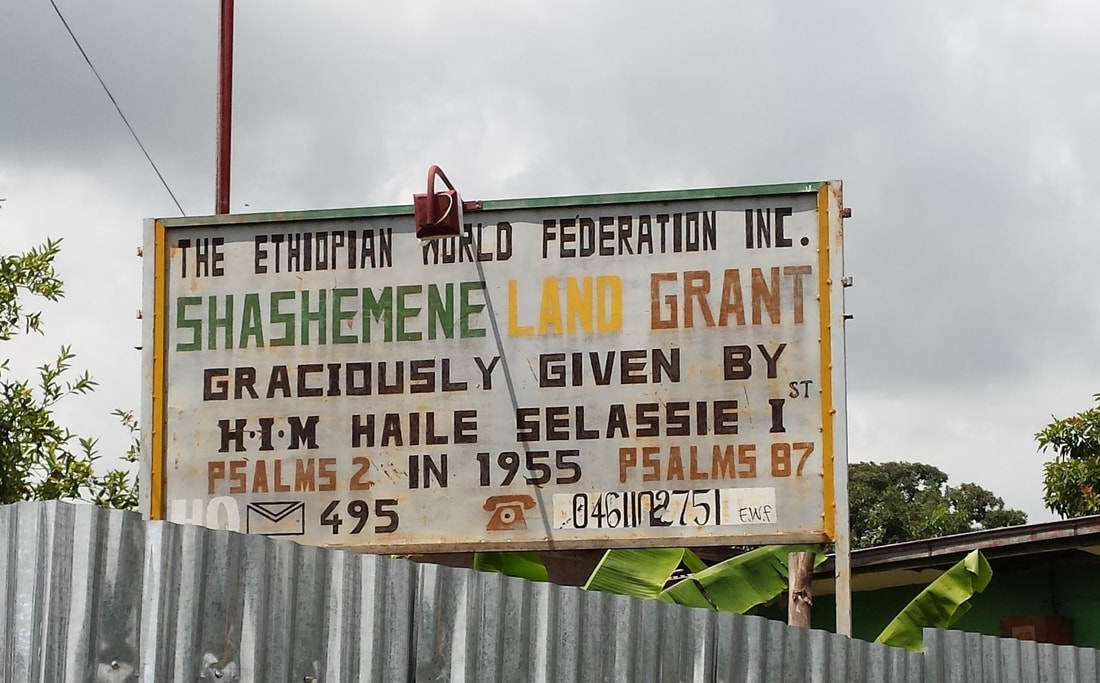Reparation and Repatriation

Rastafari in Britain have always demonstrated a strong political sensibility and a global perspective, born of necessity by residing in the heart of the British empire. The political activities of Rastafari in Britain have regularly linked to the Caribbean and to the African continent both during and after colonialism; and above all, to Ethiopia.
The reparations agenda has, likewise, always been at the centre of the political aims of the movement in Britain. Reparation can have many meanings, but Rastafari focus on a), repairing the damage to humanity caused by the atrocities of the so-called "Transatlantic slave trade"; and b), the ongoing legacies of this "trade" in the guise of present-day racialized inequalities of opportunity and outcome still suffered by many of the descendants of enslaved Africans. Reparations includes - but is far more than - compensation: it is about redressing structural wrongs for the good of Africa and humanity.
For the Rastafari movement, reparations must be intrinsically linked to repatriation. This is a very controversial issue, even for proponents of reparation. By repatriation, Rastafari do not mean the enforced deportation to a fabled "country of origin", as promoted by many fascists and far right movements in Britain. Rather, Rastafari see repatriation as a "right to return", a right that was even codified in the 1948 UN Universal Declaration of Human Rights. Article 14 (2) states "No one shall be arbitrarily deprived of his nationality nor denied the right to change his nationality." Rastafari interpret this article historically, referring to the violent stripping away of one's natal rights that accompanied enslavement.
How has the Rastafari movement in Britain contributed to and taken part in the reparations movement? And how might we view the relationship between Britain and Ethiopia through the lens of "repatriation"?
The reparations agenda has, likewise, always been at the centre of the political aims of the movement in Britain. Reparation can have many meanings, but Rastafari focus on a), repairing the damage to humanity caused by the atrocities of the so-called "Transatlantic slave trade"; and b), the ongoing legacies of this "trade" in the guise of present-day racialized inequalities of opportunity and outcome still suffered by many of the descendants of enslaved Africans. Reparations includes - but is far more than - compensation: it is about redressing structural wrongs for the good of Africa and humanity.
For the Rastafari movement, reparations must be intrinsically linked to repatriation. This is a very controversial issue, even for proponents of reparation. By repatriation, Rastafari do not mean the enforced deportation to a fabled "country of origin", as promoted by many fascists and far right movements in Britain. Rather, Rastafari see repatriation as a "right to return", a right that was even codified in the 1948 UN Universal Declaration of Human Rights. Article 14 (2) states "No one shall be arbitrarily deprived of his nationality nor denied the right to change his nationality." Rastafari interpret this article historically, referring to the violent stripping away of one's natal rights that accompanied enslavement.
How has the Rastafari movement in Britain contributed to and taken part in the reparations movement? And how might we view the relationship between Britain and Ethiopia through the lens of "repatriation"?
Evidence
Bernie Grant and RastafariInvestigate Black MP Bernie Grant's reparation agenda and its links with the Rastafari movement
|
The 2014 MarchInvestigate the historical 2014 reparations march to Parliament, organised by Rastafari Movement UK
|
ShashemeneInvestigate the engagement by Britain's Rastafari movement with Shashemene, the original repatriation community
|
Parliamentary debates on reparations
Lord Gifford QC speaking in the House of Lords on 14th March 1996
The under-development and poverty which affect the majority of countries in Africa and in the Caribbean, as well as the ghetto conditions in which many black people live in the United States and elsewhere, are not, speaking in general terms, the result of laziness, incompetence or corruption of African people or their governments. They are in a very large measure the consequences - the legacy - of one of the most massive and terrible criminal enterprises in recorded human history; that is, the transatlantic slave trade and the institution of slavery.
The thesis that I advance tonight is that in accordance with international law and with basic human morality, measures of atonement and reparation are due from the successors of those who instigated and carried out the trade and who profited massively from it, to the descendants of the victims of the criminal enterprise who still suffer in many different ways from the effects of the crime.
The under-development and poverty which affect the majority of countries in Africa and in the Caribbean, as well as the ghetto conditions in which many black people live in the United States and elsewhere, are not, speaking in general terms, the result of laziness, incompetence or corruption of African people or their governments. They are in a very large measure the consequences - the legacy - of one of the most massive and terrible criminal enterprises in recorded human history; that is, the transatlantic slave trade and the institution of slavery.
The thesis that I advance tonight is that in accordance with international law and with basic human morality, measures of atonement and reparation are due from the successors of those who instigated and carried out the trade and who profited massively from it, to the descendants of the victims of the criminal enterprise who still suffer in many different ways from the effects of the crime.


